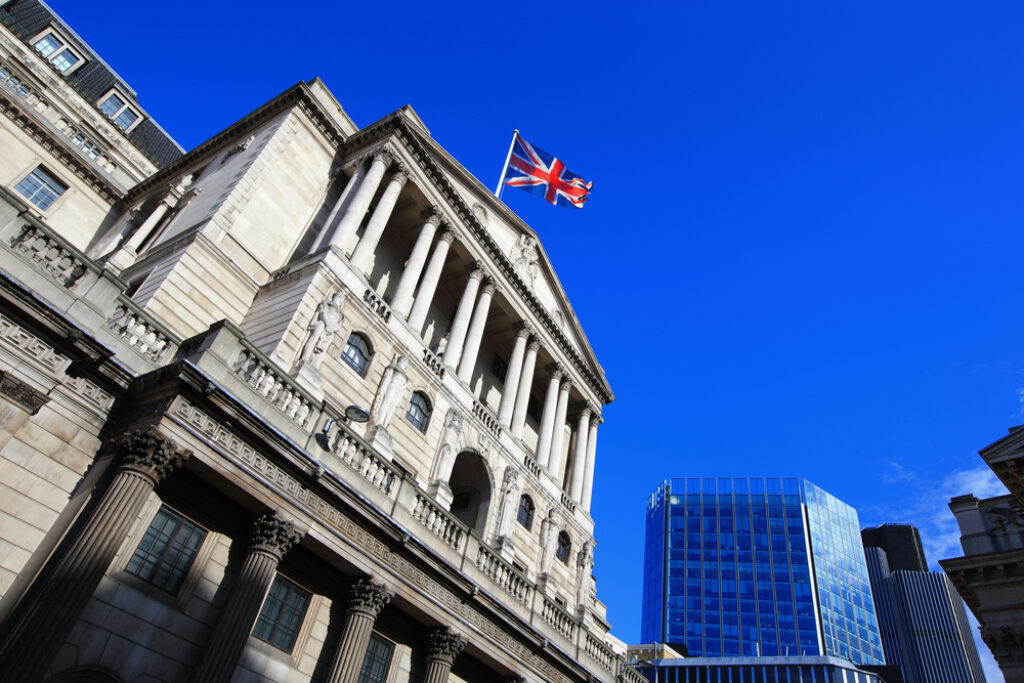The organisation said the next phase of monetary policy should be to ease it, but there were questions around when and how quickly the base rate should fall.
It said the MPC intended to wait for “clearer signs of receding inflation” to guard against “premature easing”, but the IMF said there was a risk of delayed easing.
The IMF said: “Keeping Bank Rate constant as inflation and inflation expectations fall would raise ex-post real rates, which could stall or even reverse the recovery, and lead to an extended undershooting of the inflation target.”
Ex-post real rates are the difference between the nominal interest rate, the interest rate before accounting for inflation, and actual inflation.
It said a base rate reduction would balance these risks.

Wellness and wellbeing holidays: Travel insurance is essential for your peace of mind
Out of the pandemic lockdowns, there’s a greater emphasis on wellbeing and wellness, with
Sponsored by Post Office
The IMF said monetary policy should continue to be informed by incoming data and the MPC’s meeting-by-meeting approach was appropriate.
The IMF said its staff saw “merit in a press conference after each MPC decision, akin to the approach taken by other major central banks”.
This recommendation comes after Ben Broadbent, deputy governor of the Bank of England, said a base rate cut could come as soon as this summer.
UK economy to recover this year
The IMF said the UK economy was “approaching a soft landing”, with a recovery expected this year and “strengthening in 2025”.
It also said disinflation had improved quicker than expected and inflation should durably return to the Bank of England’s 2% target by early 2025.
Inflation figures for April were released today, showing it had eased back to 2.3%.




